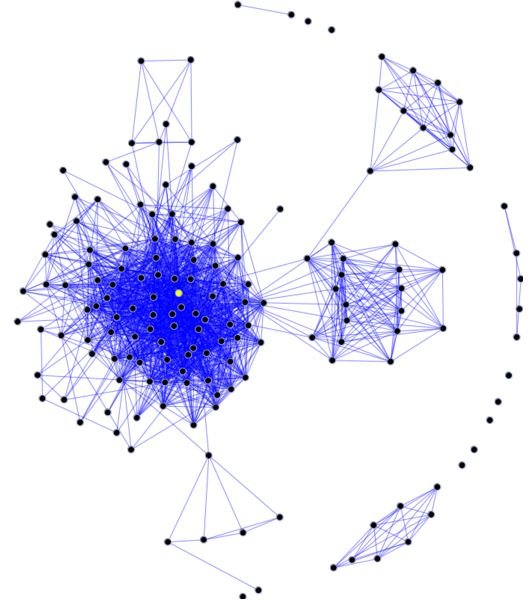Things to Know About Social Network Security
What Should You Be Wary Of?
Many people view social networks as a harmless networking tool, or just a bit of harmless fun. While it is true that social networks such as
Facebook and Linkedin can provide valuable networking and online visibility, many social network users give nary a thought to the need for a sensible social network security routine.
There are two general types of social network security risks. One, identity theft, can be easily avoided by publishing a minimum of personal information online. The second are confidence scams which can be much more difficult to spot, as the perpetrators devote considerable time to warming up their marks before pulling the trigger on their devious goals.
It’s a Social Network Account, Not an Autobiography!
The vastness of the Internet often provides a false sense of anonymity, leading people to post information they would never ordinarily speak out loud in front of strangers on the street. Yet posting data online is the same as shouting your deepest secrets at the top of your lungs while simultaneously spray-painting what you’re saying on a wall where the message will never be taken off or painted over. Once it’s posted online, chances are, it is going to be accessible to all comers for good. Remember those unflattering comments you posted about a co-worker last fall? It can come back to haunt you years down the road. Employers often search applicant’s social media sites these days, and if your wall is riddled with negative comments, it is doubtful that you will appear to be much of an asset.
Even IT security pros who should know better often leave sensitive information out in the open for all to see on their profile pages. Every social network user should know that publishing your name, birthday, and address is more than enough for an online crook to open a credit card account in your name. Simple steps such as not revealing the year of your birthday can be enough to protect you from identity theft. It is also a wise policy to actually read the social networking site’s privacy policy. Some sites sell their customer’s data to third parties. So if you have been wondering where all that spam in your inbox has been coming from, review the privacy policies in the sites you are active in.
How to Bankrupt Your Company in 10 Seconds or Less
Corporate social media users also need to be wary about what they share as well. Many social media addicts post every little trivial event on their accounts. Believe it or not, the simple act of sharing that your company got a contract or is working in something new can have serious consequences. As gratifying as it may be to share your latest achievement or even the latest company gossip, such information posted publicly could attract the attention of your competitors. Corporate and freelance hackers are always attracted by the knowledge that something worth taking is stored in a company’s network. So that new recipe or formula that was going to get you a big promotion becomes worthless once it gets stolen and sold to the highest bidder, and you may even find yourself out of a job once the boss learns it was you who posted the information.
No, I’m Not a Doctor, But I Play One on Facebook!
In addition to posting data that can be used against you, the other major security threat is confidence scams. Many social media users make the potentially catastrophic mistake of taking a contact’s claims of being who they claim to be at face value. A common scam floating about out there is to ‘befriend’ someone in a foreign country, claim to be sending them a package that requires a hefty ‘postage fee’ that you must send via wire transfer, and after doing so you find your generous overseas ‘boyfriend’ has deleted his account and run off with your cash.
Business users need to be wary as well. That hotshot CEO you are chatting with incessantly could just as easily be some teenager or a prisoner in Bangladesh. While some of these phonies are just faking it for kicks, it is not uncommon for an account manager to place a major international order that never comes through because they wired the cash to an entity that doesn’t exist. Don’t ever risk anything until you have independently verified that your contact is who they claim to be. And always bear in mind if something sounds too good to be true, then in all probability it is.
Just Think Twice!
These scenarios only scratch the surface of the many ways social networks can be abused, just remember that it only takes a degree of common sense to avoid becoming a victim. Avoid posting anything that you would not normally say in public, and make sure to give it a second thought before you press the post button!
References
-
Photo Credit:
Published under the under the terms of the GNU General Public License
originally appeared at: http://en.wikipedia.org/wiki/Social_networks
-
Author’s Knowlege
